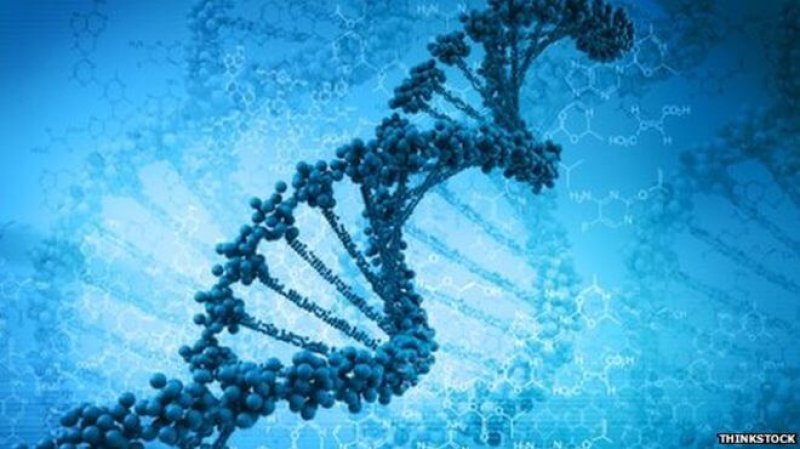About 1,500 patients at risk of hereditary cancer are seen each year in Ireland. Most of these cases are related to breast cancer, says Prof. Andrew Green, director of Ireland’s National Centre for Medical Genetics. “The way people are identified is either because they themselves have had cancer at a young age or they have relatives at young age with breast or ovarian cancer.”
The BRCA genes are among the highest profile pieces of DNA that have been linked with cancer. Specific mutations in the genes BRCA1 and BRCA2 result in an increased risk of breast and ovarian cancer. These mutations are autosomal dominant, which means that you only need one copy of the faulty gene to have a higher cancer risk. These genes encode proteins that help repair damaged DNA. So if they’re not working properly, cells are more likely to develop genetic alterations that can lead to cancer.
Women who carry these faulty genes can take preventative measures—things like regular breast screening, risk-reducing surgery, and the use of cancer-preventing drugs. Perhaps most famously, actor Angelina Jolie, who has a BRCA1 mutation, highlighted risk-reducing surgery when she revealed that she had a preventative double mastectomy and more recently had her ovaries and fallopian tubes removed.
But genetic tests are currently reserved for those whose family history suggests they’re at risk. Is that level of testing sufficient?
The GLP aggregated and excerpted this blog/article to reflect the diversity of news, opinion and analysis. Read full, original post: If genetic screening helps those at risk, why not screen everyone?































